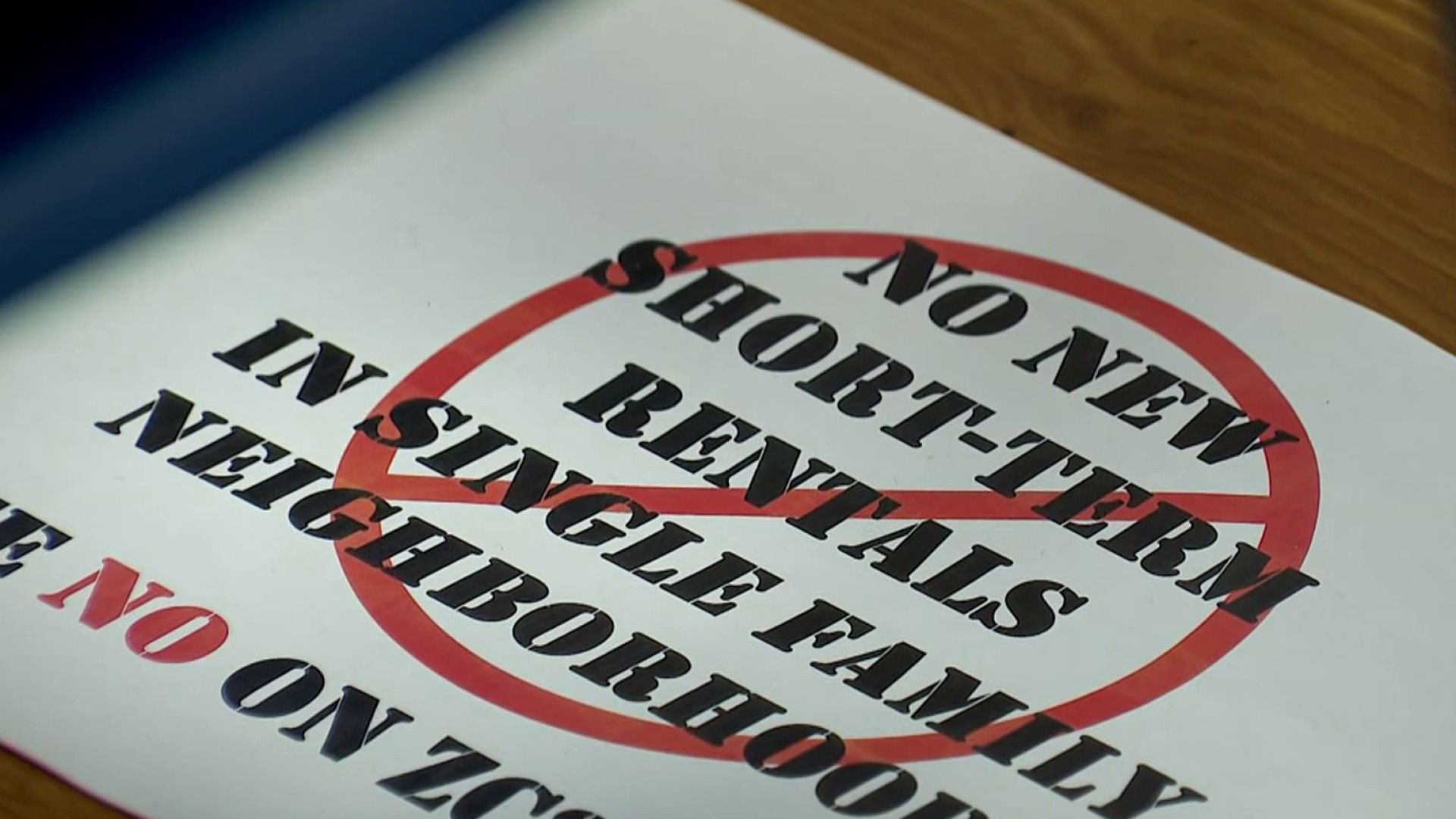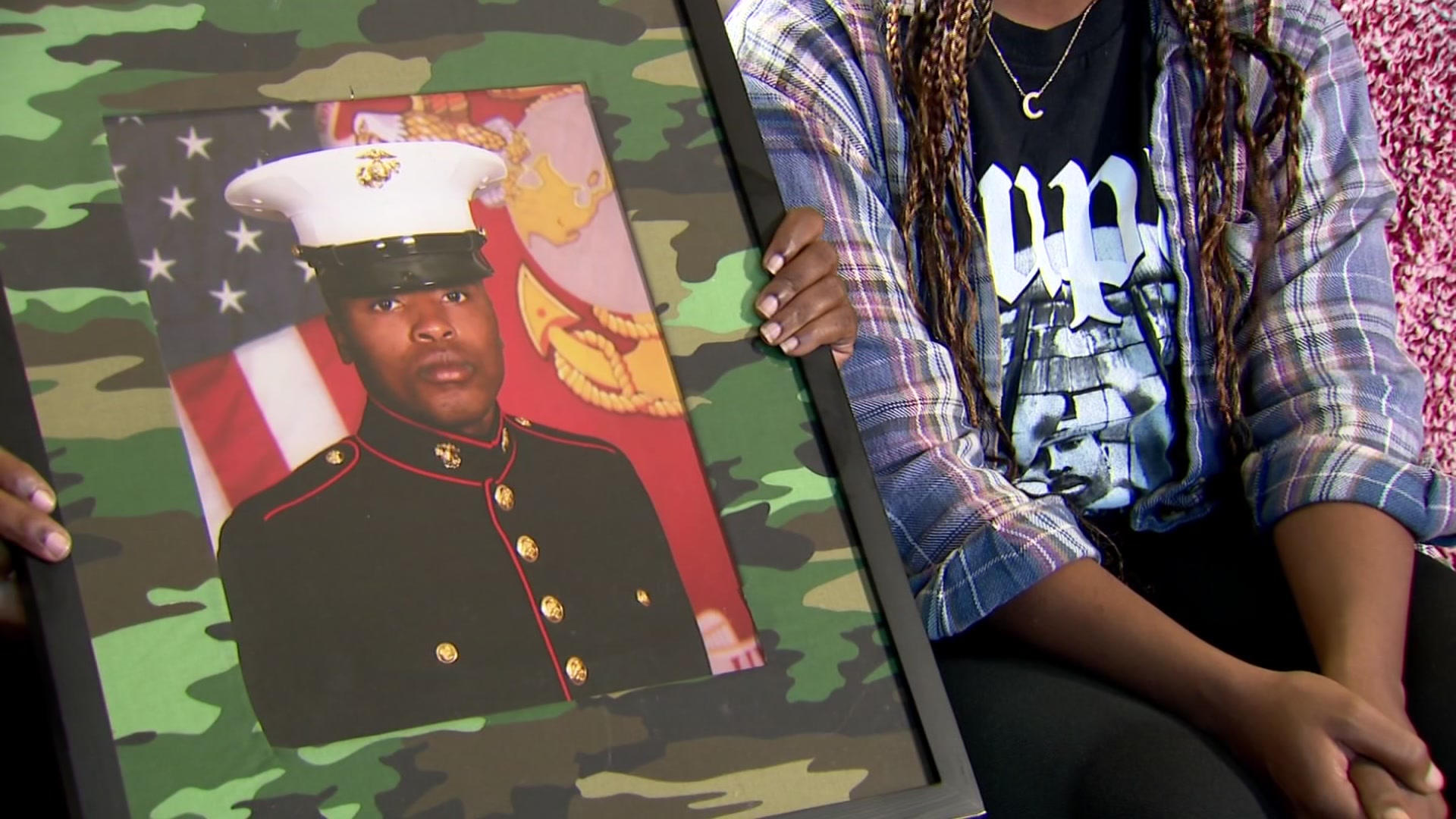A group of drug smugglers seemed to have the perfect scheme: sneak marijuana into the U.S. by hiding the drug inside cars of unsuspecting commuters who made daily trips across the Texas-Mexico border.
Except for a few mishaps, when an unknowing smuggler was discovered or found bundles of marijuana and reported it to authorities, the plan worked fine for at least a year. The FBI believes that the traffickers smuggled hundreds of pounds of marijuana each week into the U.S.
But then they targeted a popular elementary school teacher, and the widespread media attention that her arrest garnered along with the help of an FBI informant helped investigators unravel the scheme, according to an FBI affidavit released Tuesday in federal court in El Paso.
The FBI alleges that Jesus Chavez, who was arrested June 30, and other traffickers would target frequent commuters who had express-lane passes to cross into El Paso, Texas, from Mexico's Ciudad Juarez. The other man named in the criminal complaint, Carlos Gomez, remains at large.
The plan was complex: Authorities said the smugglers would have lookouts scout the border-crossing lanes for cars that crossed at the same time every day, then with the aid of an El Paso locksmith, they would obtain a copy of the car key to open the vehicle at night and plant the drugs.
The next morning, once the car had crossed into the U.S., they would recover the drugs with the same key.
Chavez's lawyer, Gary Hill, told The Associated Press that his client waived both his preliminary and detention hearings because he has been twice convicted and it was unlikely the judge would grant bail. Hill declined further comment. Chavez is charged with conspiracy to distribute, sell or dispense marijuana.
Local
The latest news from around North Texas.
An FBI spokesman declined comment Thursday, citing the ongoing investigation.
Chavez met Gomez, who fled when police in El Paso tried to arrest him, while both were serving time at the La Tuna federal prison in Anthony, Texas.
His arrest came after an FBI informant, in exchange for a reduction in a drug trafficking sentence, agreed to record conversations with Gomez. In one, Gomez told the informant that the scheme had been put on hold because of the widespread outrage and media attention caused by the May 26 arrest of Ana Isela Martinez Amaya -- an El Paso-area teacher was named teacher of the year in 2010 at the La Fe Preparatory School -- after marijuana was found in her car.
"We made such f---ing mess," Gomez said in the recording.
Martinez Amaya, a Mexican citizen legally working in the U.S., is in jail in Ciudad Juarez. Her husband told local media that he hopes the Chavez's arrest and the FBI investigation will help convince Mexican authorities of his wife's innocence.
Several other people also were arrested after marijuana was found in their vehicles. The earliest case reported in the FBI complaint occurred in July 2010, when a man told U.S. Customs and Border Protection agents he had two duffel bags in his trunk that he had never seen before.
In January, a doctor and a health care professional working in El Paso were arrested after reporting to Mexican authorities there were suspicious duffel bags in their car that turned out to be filled with drugs. They were released several days later. The same day, another man was arrested in El Paso with duffel bags containing marijuana in his trunk. He was tried and acquitted by the jury.
All of them were part of a program that enables Customs and Borders Protection to issue a radio frequency device to frequent border commuters so they could get across the border faster. To be eligible, commuters would undergo background checks to prove their "low risk" status.



